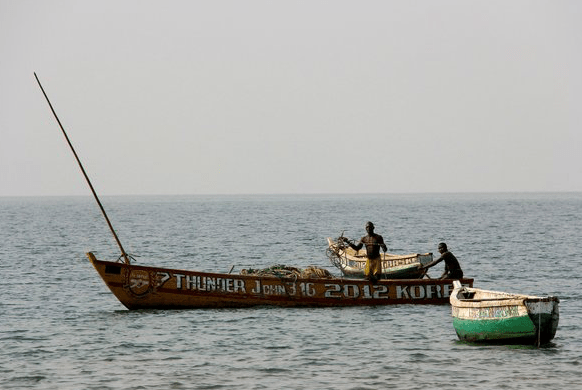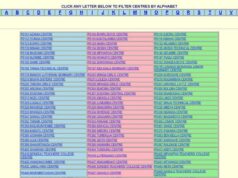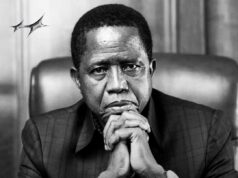Sierra Leone’s 400 km Atlantic coastline once contained abundant marine resources crucial to the nation’s economy. Fishing contributes 12 per cent of the country’s gross domestic product and is the primary source of protein for 80 per cent of the population. The industry employs around 500,000 people out of a population of eight million.
But these jobs and economic benefits are in jeopardy. They have already dwindled and are under continual threat from the brazen network of foreign vessels engaged in illegal, unreported and unregulated (IUU) fishing along Sierra Leone’s coast, including exclusion zones designated for local fishers.
Illicit fishing is a transnational organised crime that generates billions of dollars annually in profit. Ongoing government efforts to address the challenge have been largely unsuccessful.
President Julius Maada Bio said in 2020 that illegal fishing cost his country around $50 million a year, with much of the stolen catch ending up in Asia. In contrast, only $18 million from the legal fishing industry reached the country’s coffers.
The sector is reportedly riddled with corruption and mismanagement, and the problem seems intractable. Illegal fleets, all foreign-owned, have exploited Sierra Leone’s waters for nearly four decades. An adviser in the Ministry of Fisheries and Marine Resources who requested anonymity said, ‘Many countries steal our fish, including neighbouring West African states.’




